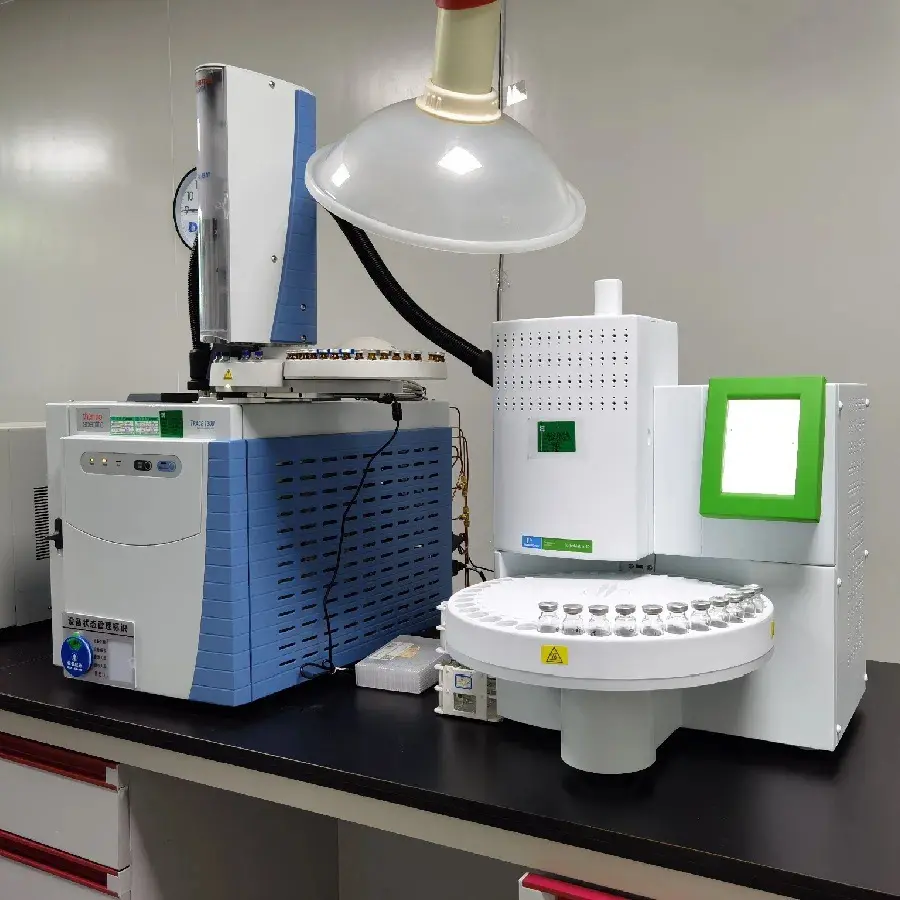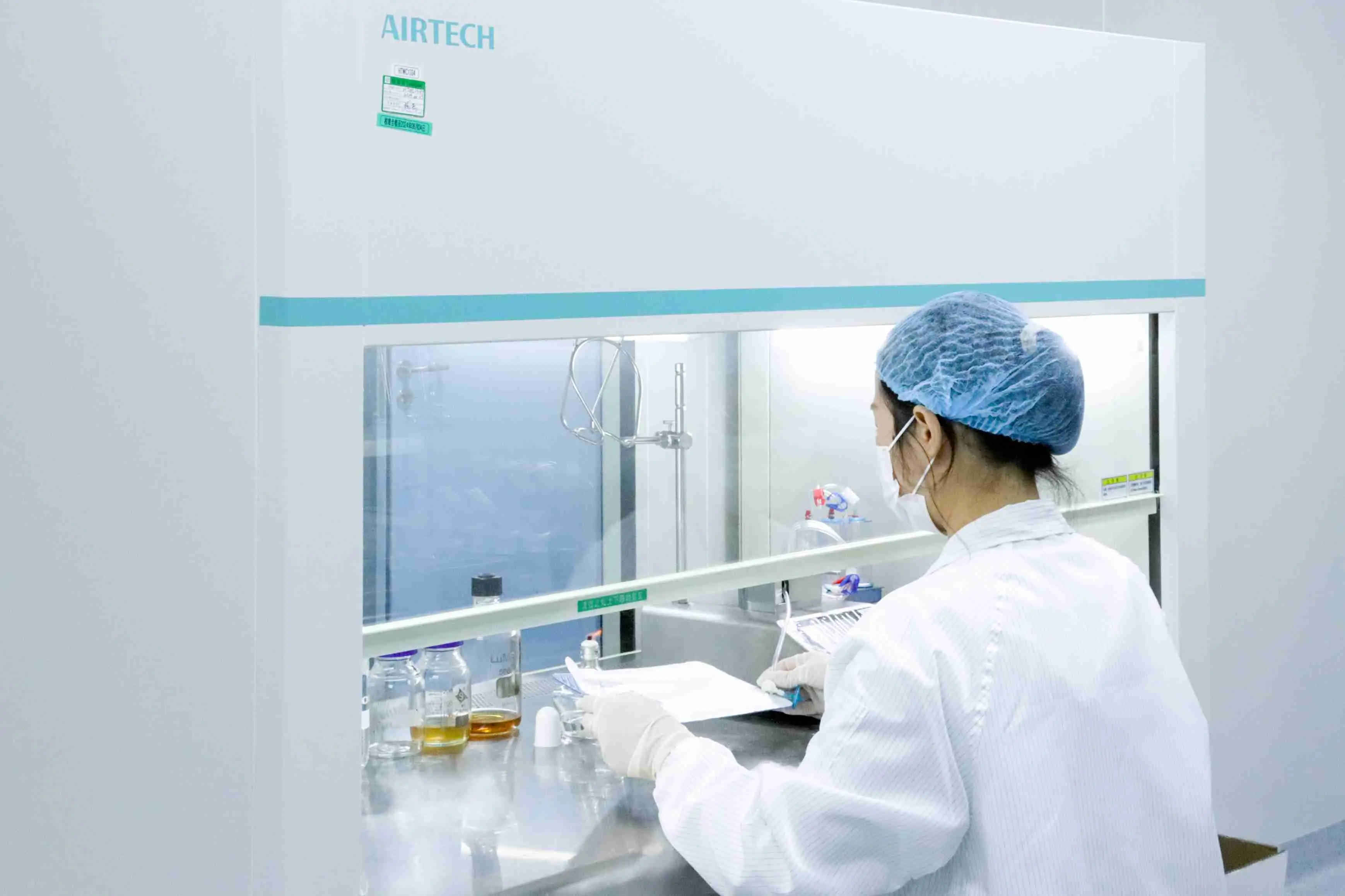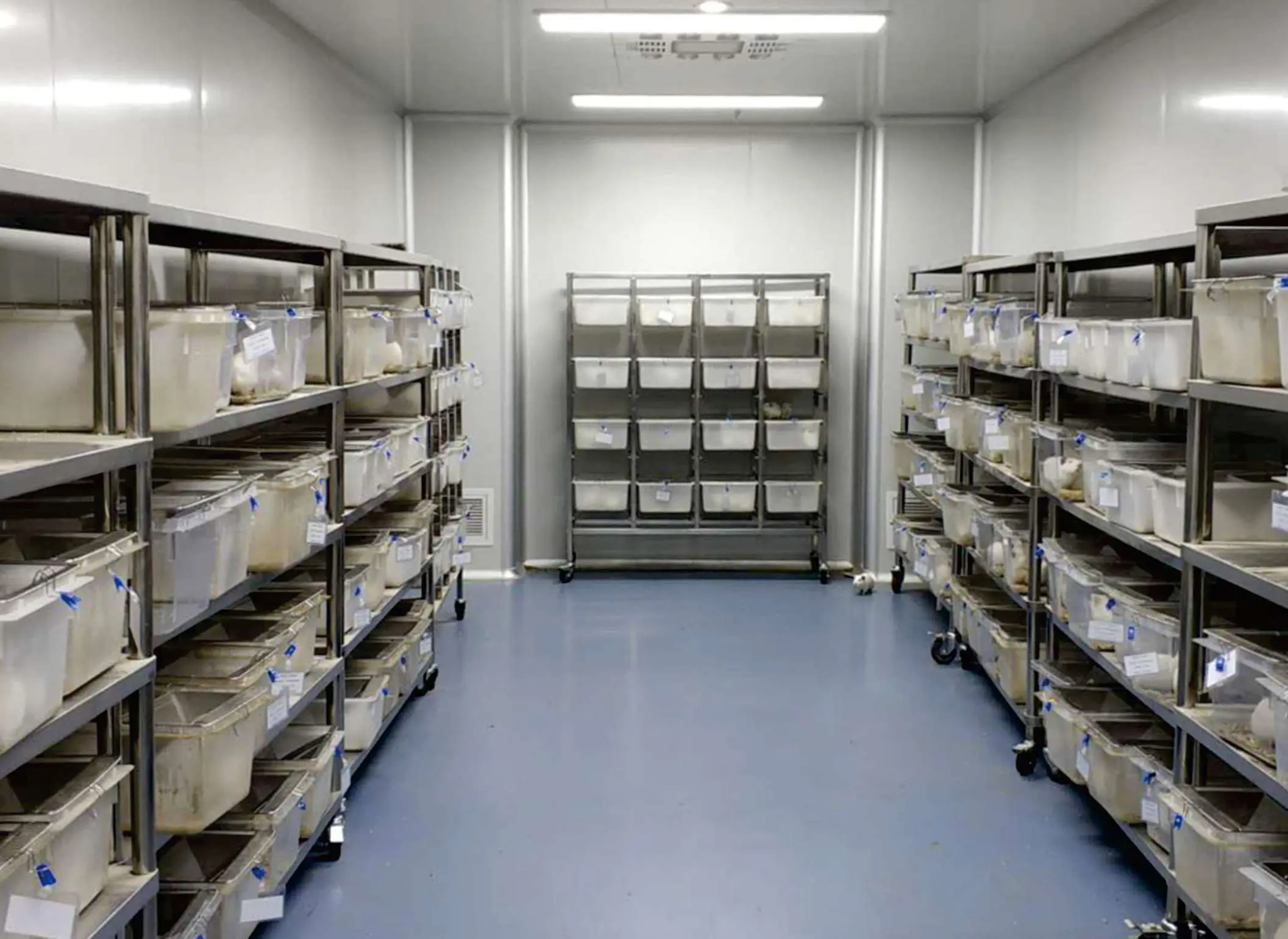
Russian Wireless Communication Equipment FAC Certification
FAC certification is a mandatory certification system jointly implemented by the Federal Agency for Technical Regulation and Metrology and the Federal Communications Agency. Starting from May 7, 2007, Russia introduced a new licensing requirement for wireless devices for customs clearance purposes.
The FAC certificate is used to confirm the characteristics of communication means, making the Federal Communications Agency certificate a mandatory document for the operation and resale of communication equipment and telecommunications products.

Basic Information about FAC Certification
FAC certification is divided into two forms based on product categories: Declaration and Certification:
· The FAC certificate can specify multiple models (series models);
· The FAC declaration can only specify a single model (there are no series models in the FAC declaration);
Certification can be applied by local companies or foreign companies, but the declaration requires a local representative. Only legal entities (or individual entrepreneurs) registered in the Russian Federation can be applicants for the communications FAC declaration. If the manufacturer is a foreign manufacturer, the applicant must be its official representative in the Russian Federation.
Scope of Products for FAC Certification
Government Decree No. 532 stipulates that the following devices must pass mandatory FAC certification:
01 Exchange system equipment (communication center equipment, telephone exchanges, etc.);
02 Digital data transmission system equipment;
03 Equipment with control and monitoring functions;
04 Equipment for recording the volume of provided communication services;
05 Radio communication methods;
06 Communication equipment, including software for business search activities;
07 Terminal equipment that may disrupt the functioning of public communication networks.
Required Documents for FAC Certification Application
1) Russian-language technical manual;
2) Test reports;
3) Production data;
4) Applicant company information;
5) Manufacturer and applicant's power of attorney note;
Note: The above materials must be provided in English or Russian. For specific details, please consult Euce.
FAC Certification Application Process
1. The applicant submits the certification application;
2. The designated certification authority reviews the documents;
3. Product classification and sampling;
4. Testing;
5. Manufacturer's factory audit (if required by technical regulations);
6. Certificate issuance.
Email:hello@jjrlab.com
Write your message here and send it to us
 When Can FCC ID Modifications Be Filed?
When Can FCC ID Modifications Be Filed?
 LoRa Certification Testing Laboratory
LoRa Certification Testing Laboratory
 Blood Pressure Monitor Certification Testing Servi
Blood Pressure Monitor Certification Testing Servi
 ECG Device Certification Testing
ECG Device Certification Testing
 Pulse Oximeter Certification and Testing Standards
Pulse Oximeter Certification and Testing Standards
 IVD Medical Device GB 4793:2024 Test Report
IVD Medical Device GB 4793:2024 Test Report
 IECEE CBTL Testing Laboratory for IVD Medical Devi
IECEE CBTL Testing Laboratory for IVD Medical Devi
 China OECD GLP-Certified Laboratory
China OECD GLP-Certified Laboratory
Leave us a message
24-hour online customer service at any time to respond, so that you worry!




